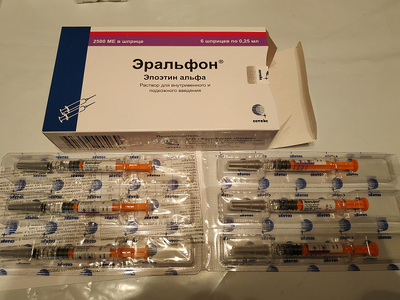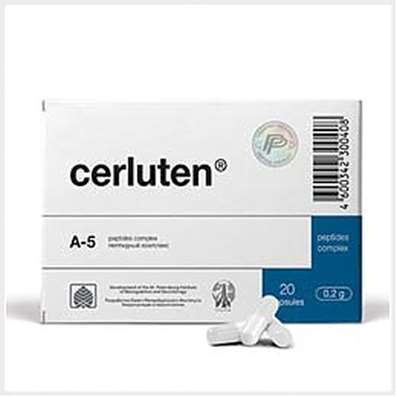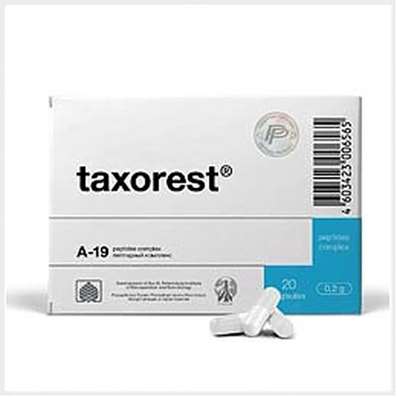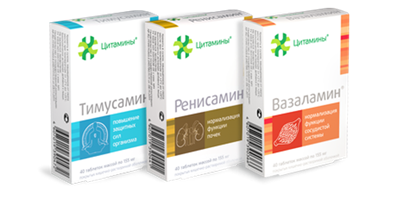Instruction for use: Tianeptine
I want this, give me price
Latin name of substance Tianeptine
Tianeptinum (genus. Tianeptini)
Chemical name
7 - [(3-Chloro-6,11-dihydro-6-methyldibenzo [c, f] [1,2] thiazepin-11-yl) amino] heptanoic acid S, S-dioxide (as sodium salt)
Gross formula
C21H25ClN2O4S
Pharmacological group:
Antidepressant
The nosological classification (ICD-10)
F10.3 Abstinence: Alcohol withdrawal syndrome; Abstinence syndrome; Abstinence syndrome with alcoholism; Abstinence; Alcohol abstinence; Alcohol withdrawal status; Alcohol abstinence syndrome; Postabstinctive disorder; Postabstinent condition; Hangover syndrome; Abstinence syndrome; Alcohol withdrawal syndrome; Abstinence condition
F32 Depressive episode: Adynamic subdepression; Astheno-adynamic subdepressive states; Asthenoadressive disorder; Astheno-depressive disorder; Asthenodepressive state; Astheno-depressive state; Major Depressive Disorder; Vyaloapatichesky depression with retardation; Double Depression; Depressive pseudodement; Depressive illness; Depressive mood disorder; Depressive disorder; Depressive mood disorder; Depressive state; Depressive disorders; Depressive syndrome; Depressive syndrome larviated; Depressive syndrome in psychoses; Depressed masks; Depression; Depression Depletion; Depression with the phenomena of inhibition within the framework of cyclothymia; Depression is smiling; Involutional depression; Involutionary melancholy; Involutional depression; Manic-depressive disorder; Masked Depression; Melancholic Attack; Neurotic depression; Neurotic depression; Shallow Depression; Organic depression; Organic depressive syndrome; Simple depression; Simple melancholic syndrome; Psychogenic depression; Reactive depression; Reactive depression with moderate psychopathological symptoms; Reactive depressive states; Reactive depression; Recurrent depression; Seasonal depressive syndrome; Severostatic depression; Senile Depression; Symptomatic Depression; Somatogenic depression; Cyclotymic depression; Exogenous depression; Endogenous depression; Endogenous Depressive Conditions; Endogenous Depression; Endogenous depressive syndrome
F33 Recurrent depressive disorder: Major depressive disorder; Secondary depression; Double Depression; Depressive pseudodement; Depressive mood disorder; Depressive disorder; Depressive mood disorder; Depressive state; Depressive syndrome; Depressed masks; Depression; Depression is smiling; Involutional depression; Involutional depression; Masked Depression; Melancholic Attack; Reactive depression; Reactive depression with moderate psychopathological symptoms; Reactive depressive states; Exogenous depression; Endogenous depression; Endogenous Depressive Conditions; Endogenous Depression; Endogenous depressive syndrome
F41.2 Mixed anxiety and depressive disorder: Depression with anxiety-depressive components; Mixed anxiety-depressive conditions; Anxiety Depression; Anxious and depressing mood; Anxiety-depressive state; Anxious-depressive conditions; Anxiety-depressive syndrome; Anxious-Neurotic Conditions
CAS code
66981-73-5
Characteristics of the substance Tianeptine
Tricyclic antidepressant.
Pharmacology
Pharmacological action - antidepressant.
Stimulates the reverse capture of serotonin by neurons of the cerebral cortex and hippocampus, with a single administration - by 28%, in chronic - by 71%. Increases the spontaneous activity of pyramidal cells of the hippocampus and accelerates the restoration of their potential after functional inhibition. Experimental studies have shown the ability to prevent atrophy of apical dendrites of pyramidal cells.
Improves mood, stops motor retardation, increases the general tone of the body. Promotes the disappearance of somatic complaints (including gastrointestinal character), caused by anxiety and mood changes. Has a balanced effect, is shown with both inhibited and anxious depression. Effective in the treatment of major depression and depression in bipolar disorder with or without melancholy symptoms, with depressive disorders of neurotic and subpsychotic levels. Efficacy is shown in the treatment of late-life depression, incl. anergic, psychogenic and somatization. Tianeptine is effective in the treatment of depressive disorders of the climacteric period in women. It leads to a reduction in the symptoms of anxiety and depression accompanying post-traumatic stress disorder. Analysis of the results of use in patients with a depressive episode in clinical practice (in a psychiatric hospital or outpatient) showed the compatibility of tianeptine with concomitantly used drugs - phenazepam, diazepam, enalapril, nitroglycerin, etc. Effective in treating patients with peptic ulcer of the stomach and duodenum exacerbations with comorbid psychiatric disorders with a predominance of anxiety or depressive symptoms. In patients with chronic alcoholism, normalizes behavior during the period of withdrawal, contributes to the reduction of anxiety-depressive symptoms, manifests vegetative-stabilizing activity (by the 4th day of therapy, hyperhidrosis, thirst, normalized blood pressure disappeared in patients), reduces the pathological attraction to alcohol. Effective with postabstinctive disorders (anhedonia syndrome) in heroin addiction.
After oral administration, it is quickly and completely absorbed from the digestive tract. Binding to blood proteins - 94%. Evenly distributed in the body, easily passes through the histohematological barriers, incl. through the BBB. In the liver, it undergoes beta oxidation and N-demethylation. T1 / 2 - 2.5 hours; in patients older than 70 years, in patients with renal insufficiency T1 / 2 increases to 3.5 hours. It is excreted by the kidneys (mainly in the form of metabolites, 8% in unchanged form). With hepatic insufficiency, incl. with cirrhosis of the liver in patients with chronic alcoholism, the pharmacokinetic parameters do not change significantly.
In animal experiments, it is shown that in an insignificant amount passes through the placenta. Effects on reproductive function in animals have not been revealed.
Application of the substance Tianeptine
Depressive conditions (including in elderly people and patients with chronic alcoholism during the withdrawal period), anxious-depressive state (with somatic complaints).
Contraindications
Hypersensitivity, simultaneous reception of non-selective MAO inhibitors, pregnancy, breast-feeding, children and adolescence (up to 15 years).
Application in pregnancy and lactation
It should be avoided during pregnancy, because there are no clinical data on safety of use in pregnant women. For the duration of treatment, breastfeeding should be discontinued (tricyclic antidepressants enter breast milk).
Side effects of Tianeptine
From the nervous system and sensory organs: dizziness, headache, insomnia, daytime sleepiness, decreased concentration, nightmarish dreams, asthenia, lipotymia, syncope, tremor.
From the cardiovascular system and blood (hematopoiesis, hemostasis): tachycardia, extrasystole, stenocardia, retrosternal pain.
On the part of the respiratory system: discomfort during breathing, difficulty breathing, spasm of the larynx, a feeling of "lump" in the throat.
On the part of the intestine: dry mouth, anorexia, pain in the epigastrium and abdomen, nausea, vomiting, constipation, flatulence.
Other: a sensation of heat, hot flushes to the face, pain syndrome (myalgia, pain in the lumbosacral spine).
Interaction
Incompatible with MAO inhibitors (possibly the development of collapse, sudden increase in blood pressure, hyperthermia, convulsions, up to a lethal outcome).
Overdose
Treatment: withdrawal of the drug, gastric lavage; it is necessary to monitor the functions of the heart, lungs, kidneys, metabolic processes; symptomatic therapy (if necessary - ventilation, correction of renal dysfunction, metabolic disorders, etc.).
Routes of administration
Inside.
Precautions for the substance Tianeptine
It requires constant monitoring of patients, especially at the beginning of treatment in connection with the likelihood of suicide attempts against the background of a depressed state. When planning general anesthesia, it is necessary to warn the anesthesia doctor about treatment with tianeptine and to stop taking the drug 24-48 hours before the beginning of the surgical procedure. In the provision of emergency surgical care, strict monitoring of the patient's condition during surgery is necessary.
Complete the treatment with a gradual (7-14 days) decrease in the daily dose. When switching from MAO inhibitors to tianeptine, a break of at least 2 weeks is necessary, and if MAO inhibitors are substituted for it, a break occurs at 24 hours. It is necessary to refrain from engaging in potentially dangerous activities requiring increased attention and speed of psychomotor reactions (in connection with a possible decrease in concentration attention).

 Cart
Cart





